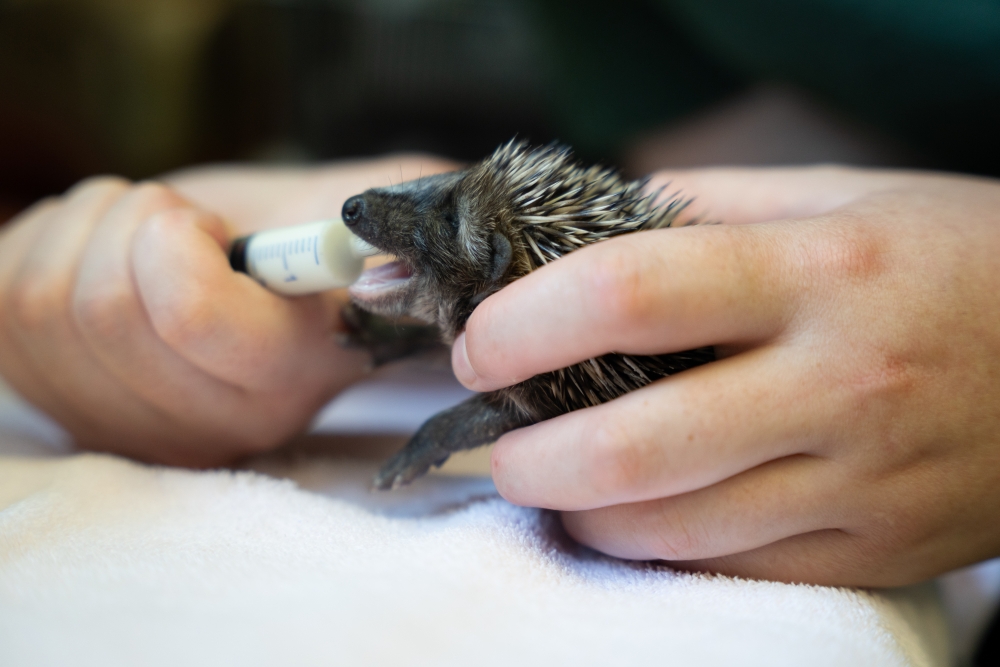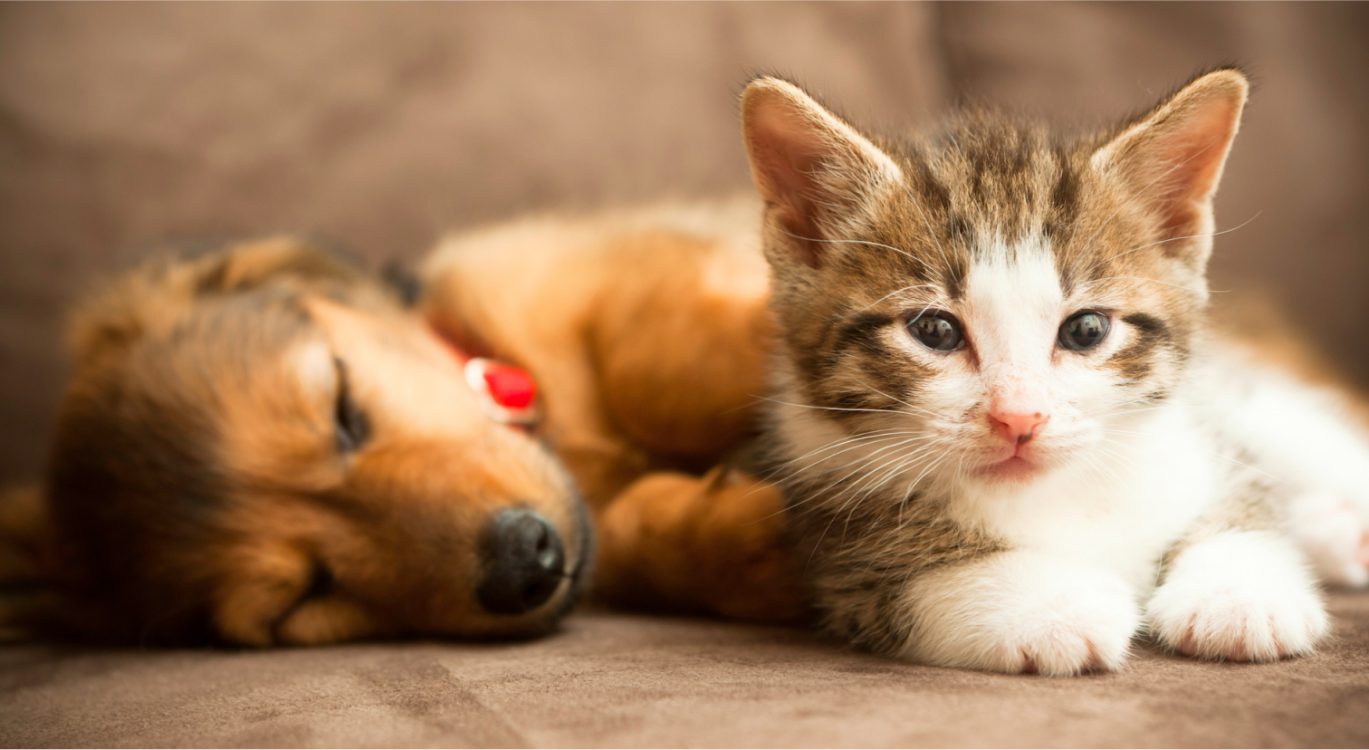
Lone Baby Animals
What to do if you find a lone baby animal.
What to do if you find a lone baby animal
Each year, we experience a high volume of calls about baby animals, particularly fledgling birds, who have been found on their own and presumed to have been abandoned by their parents.
It is very common for well-meaning people to disturb a baby animal which doesn’t need rescued at all. In the vast majority of cases there is no welfare issue. Unless the animal is injured or sick, they should be left alone.
If you are worried about the animal, stay well back and monitor, returning to the location over a period of time if possible. The mother will usually return to feed or move her young.
What should I do if I find a baby bird on the ground?
A fledgling is a fully-feathered, young bird. If you come across a fledgling on the ground, it’s highly likely that they’re learning to fly and the parents will be nearby.
A healthy fledgling on the ground should be left alone provided there are no immediate dangers around. If the baby bird is on a road or vulnerable to nearby predators, you can move it 10-20ft to safety, staying within range of where you think the parents are. Certain species of birds, such as gulls, magpies and crows, are very protective over their young. If you need to move a baby bird, proceed with caution and consider wearing a hat or using an umbrella to protect yours
The baby bird looks too young to be out of the nest – what should I do?
A nestling is too young to survive out of the nest and is highly vulnerable. Nestlings will either be fluffy-looking or have no feathers at all.
If you have found a nestling and you know where the nest is, you can carefully put the bird back in the nest. If the nest location is unknown, you can create a replacement nest using a small cardboard box or Tupperware container. Line the container with moss, grass and tissue and place the nest in a nearby bush or tree to where the nesting was found. Monitor the nest to see if the parents return.
What should I do if I find another type of baby animal on their own?
Animals who live above ground, such as deer and hares, will leave their young in long grass or under bushes to protect them from predators while they forage for food. From a very early age, many species learn to lie very still to avoid attracting unwanted attention but well-meaning people can mistake this for them being abandoned.
Stay well back and monitor the animal from a safe distance, revisiting the location at regular intervals over a twenty four hour period if necessary, however keep in mind that the parent may not return if you stay too close or return too often. Keep quiet to avoid alerting them to your presence and keep any dogs on leads and at a distance.
What should I do if I have already taken a baby animal from the wild?
Put the animal back as close to where you found them as you can. Most of the time, the maternal instinct is incredibly strong and the scent of a human will not cause a mother to abandon her young.
Birds don’t have a sense of smell, so as long as you put a fledgling back as close to where you found it as possible, the parents should come back for them. Have a look around for a nest, or adult birds, and try to move the fledgling to within 10-20ft. We would much rather as many birds as possible remain in the wild with their parents.
Support us from £5 a month
It costs us £63,000 every day to continue the work that animals across Scotland depend on. Our work is only possible because of the generosity of people like you.



